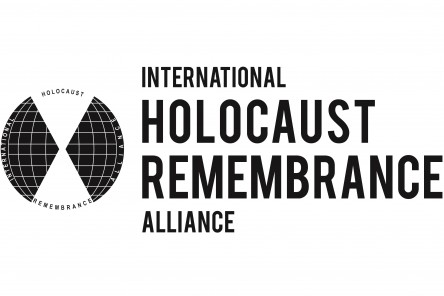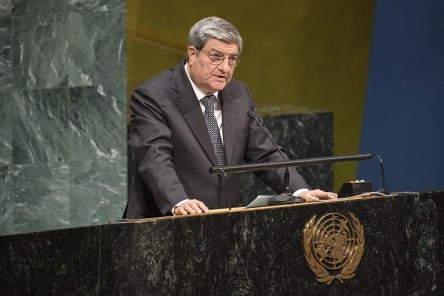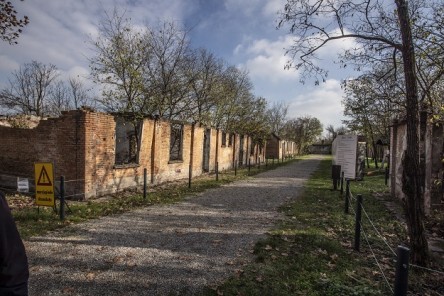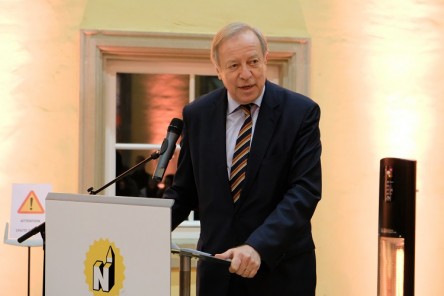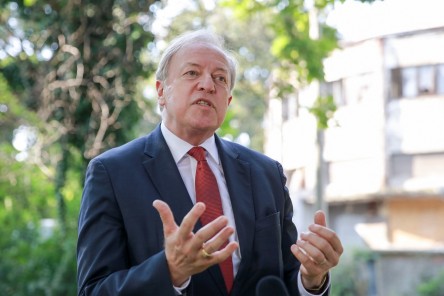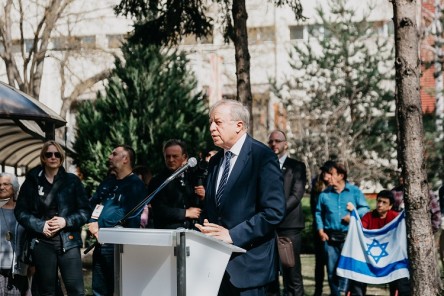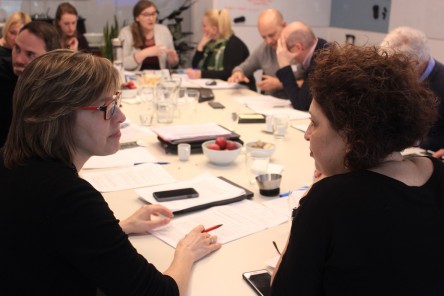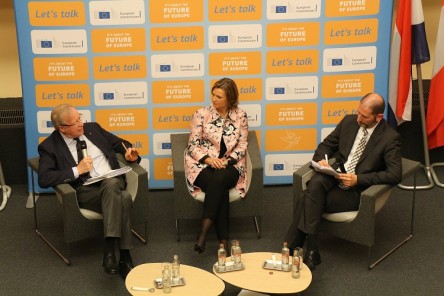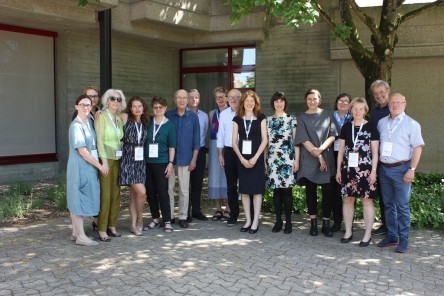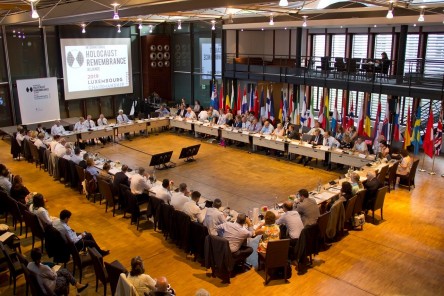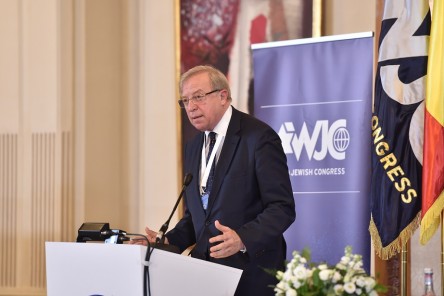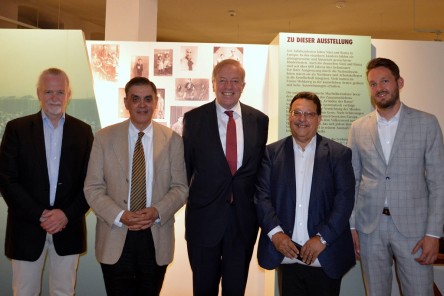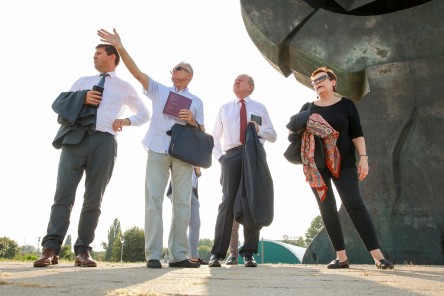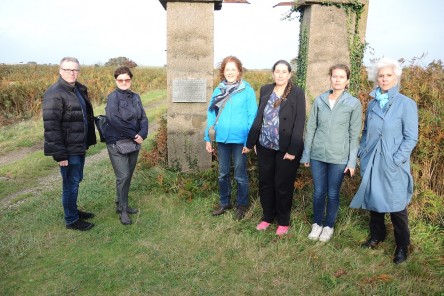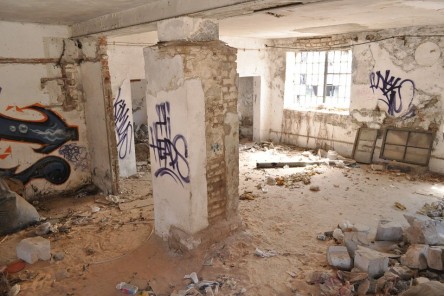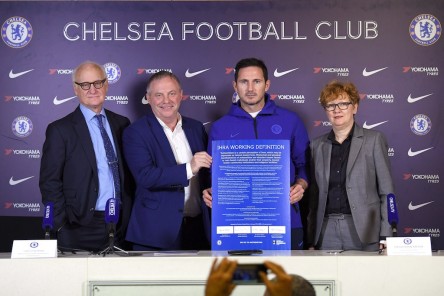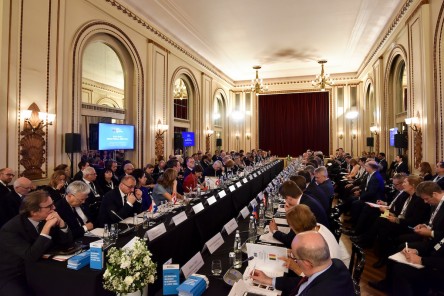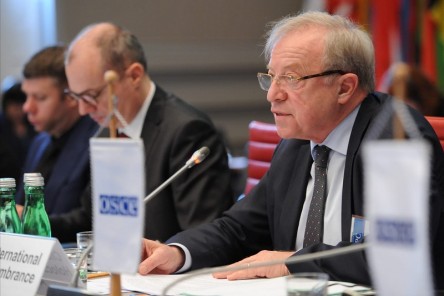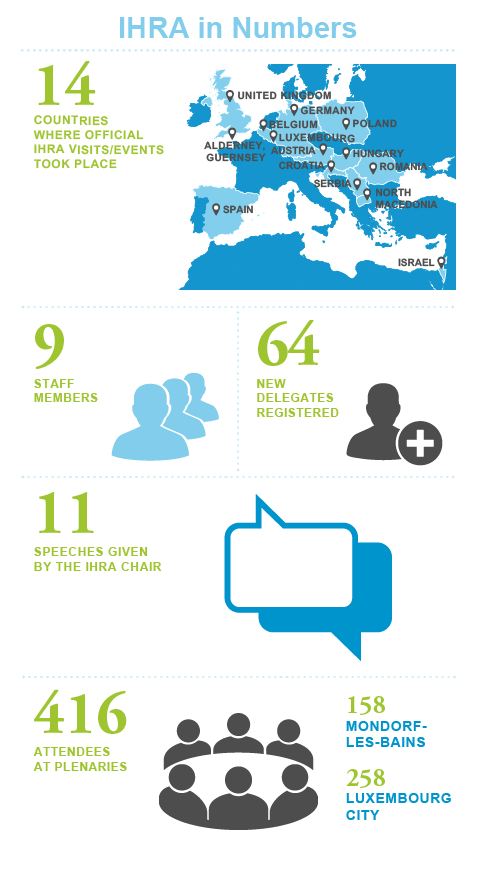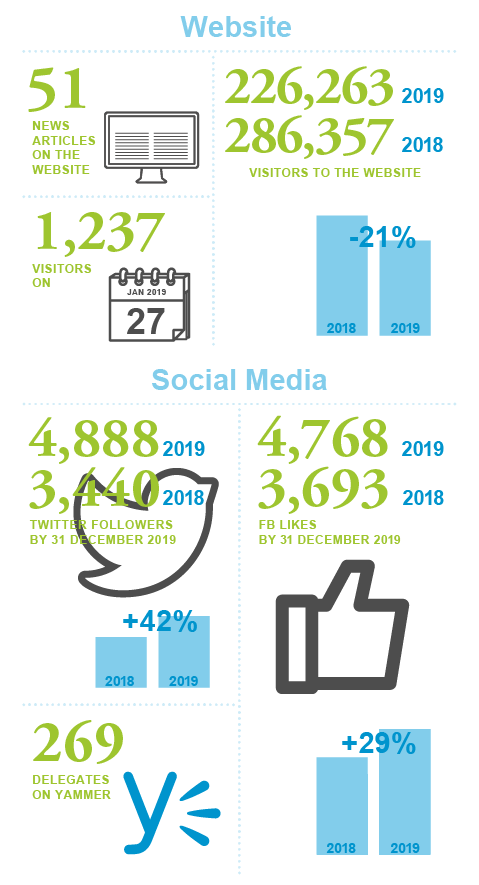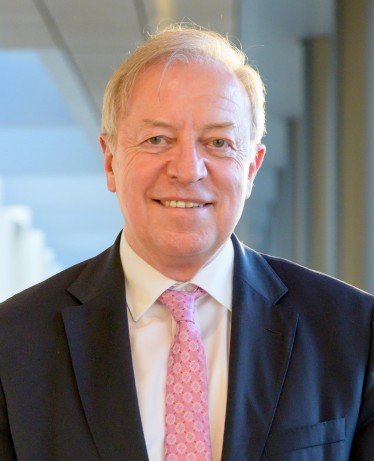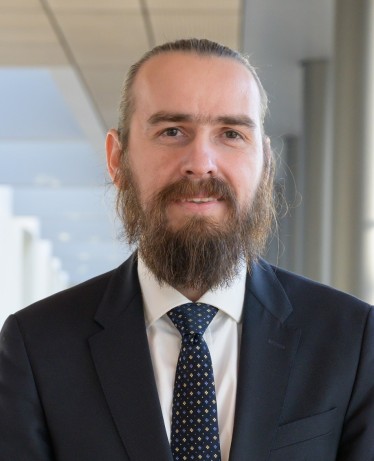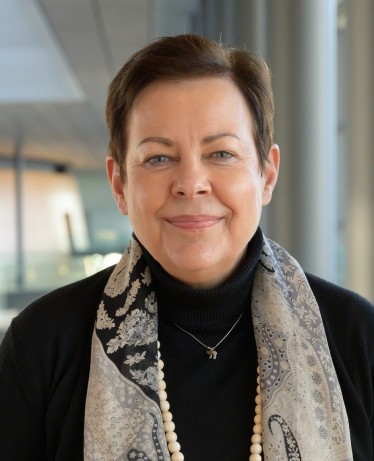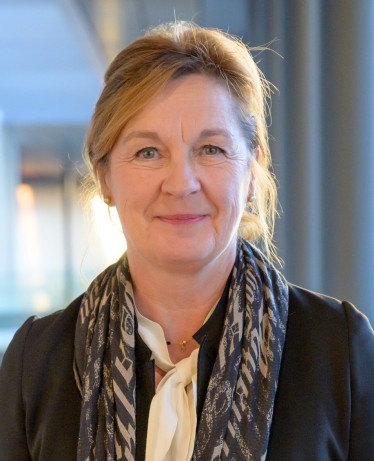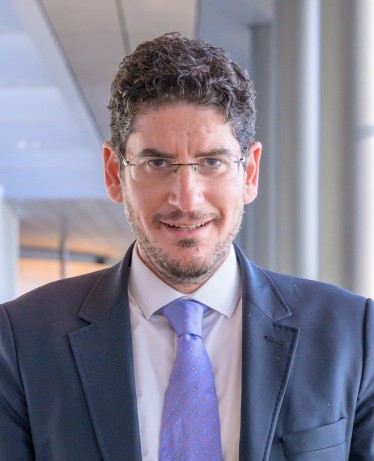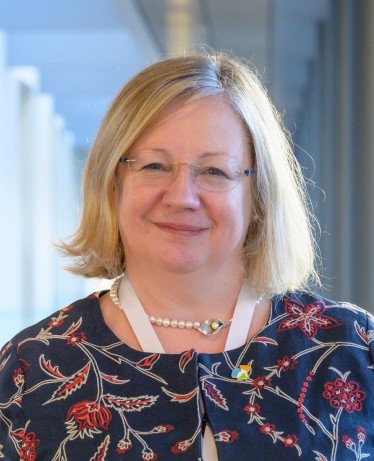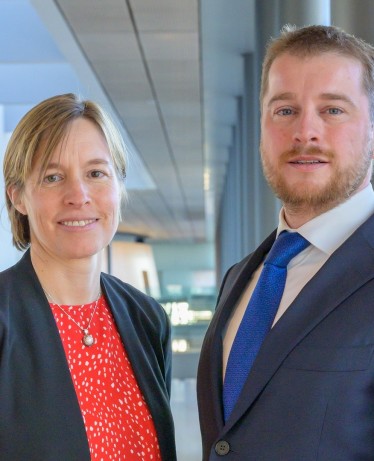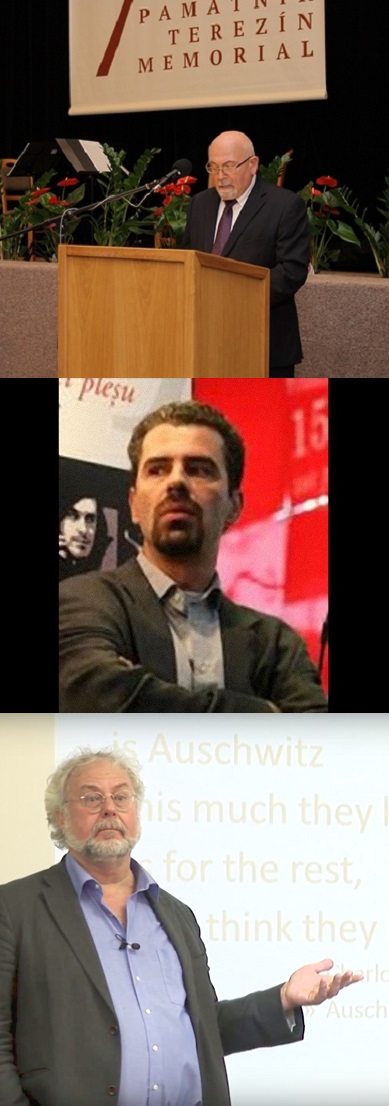The IHRA lost three members of its community in 2019.
Jan Munk was Chairman of the Prague Jewish Community, former Director of the Terezín Memorial and a long-term member of IHRA’s Memorials and Museums Working Group as part of the Czech delegation. It was under his leadership from 1990 to 2017 that the Terezín Memorial evolved into its current form. Jan Munk passed away on 12 May.
Professor Mihai Chioveanu was dedicated to the study of the history of the Holocaust in Romania, both from a political and historical perspective. He was a member of the Romanian delegation to the IHRA from its inception, where he was a member of the Education Working Group. Mihai Chioveanu passed away on 27 May.
Paul Levine was a long-time associate professor of Holocaust history and genocide studies. He spent the last six years in his favorite town, Berlin, as a freelance historian. The author of several books about the Holocaust, Levine was part of the Secretariat of the Stockholm International Forum on the Holocaust that led to creation of the IHRA. Paul Levine passed away on 28 October.
The IHRA offers its deepest condolences to all family, friends, and colleagues.
From the top: Jan Munk, Mihai Chiovenau, and Paul Levine. Photo credit: Radim Nytl (Památník Terezín).
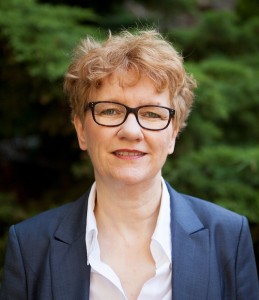
 Dr. Kathrin MeyerIHRA Executive Secretary
Dr. Kathrin MeyerIHRA Executive Secretary